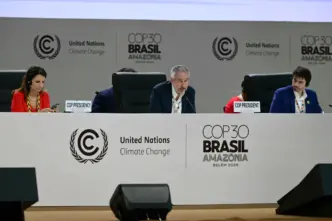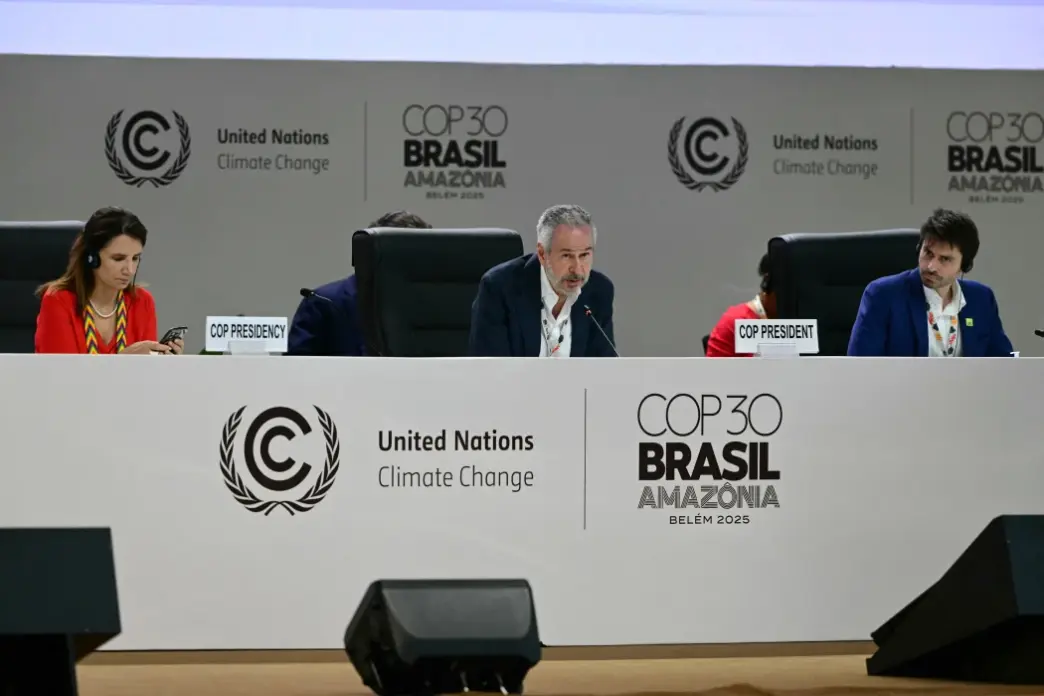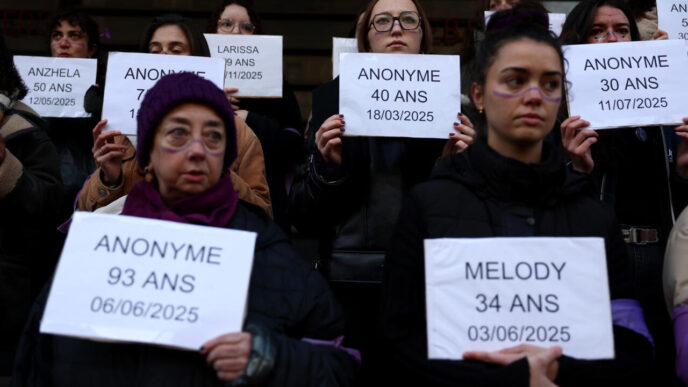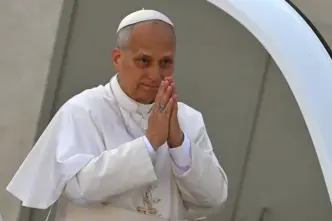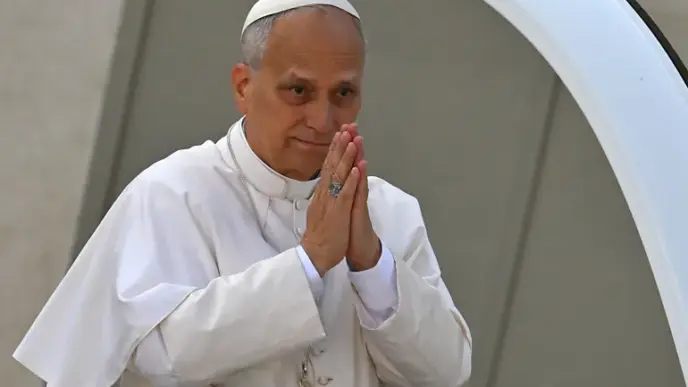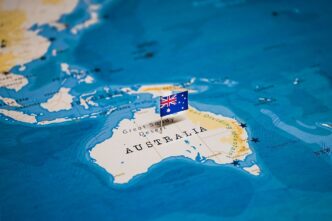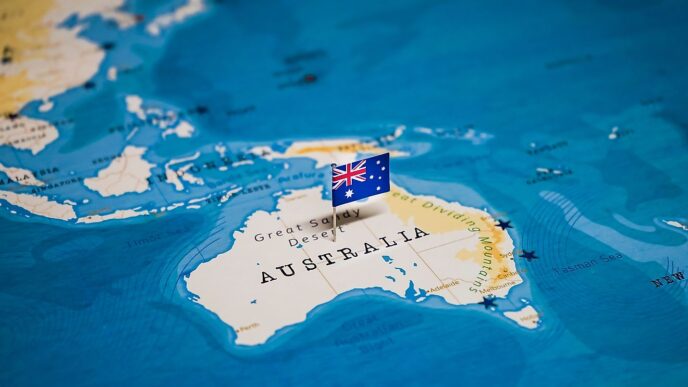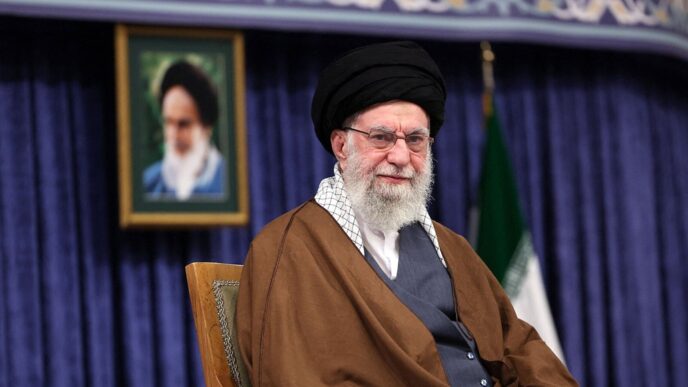The UN climate summit (COP30) in the Brazilian Amazon concluded with nearly 200 nations approving a modest agreement to maintain global consensus, despite the disappointment of many countries.
To secure the deal’s approval, participants had to accept weaker language regarding a phaseout of fossil fuels.
The United States notably abstained from the consensus, but Brazilian President Lula da Silva declared the pact a win for multilateralism in a fractured world.
European and climate-vulnerable nations, including the Alliance of Small Island States, expressed reservations, calling the deal “imperfect” but necessary to prevent the talks from collapsing.
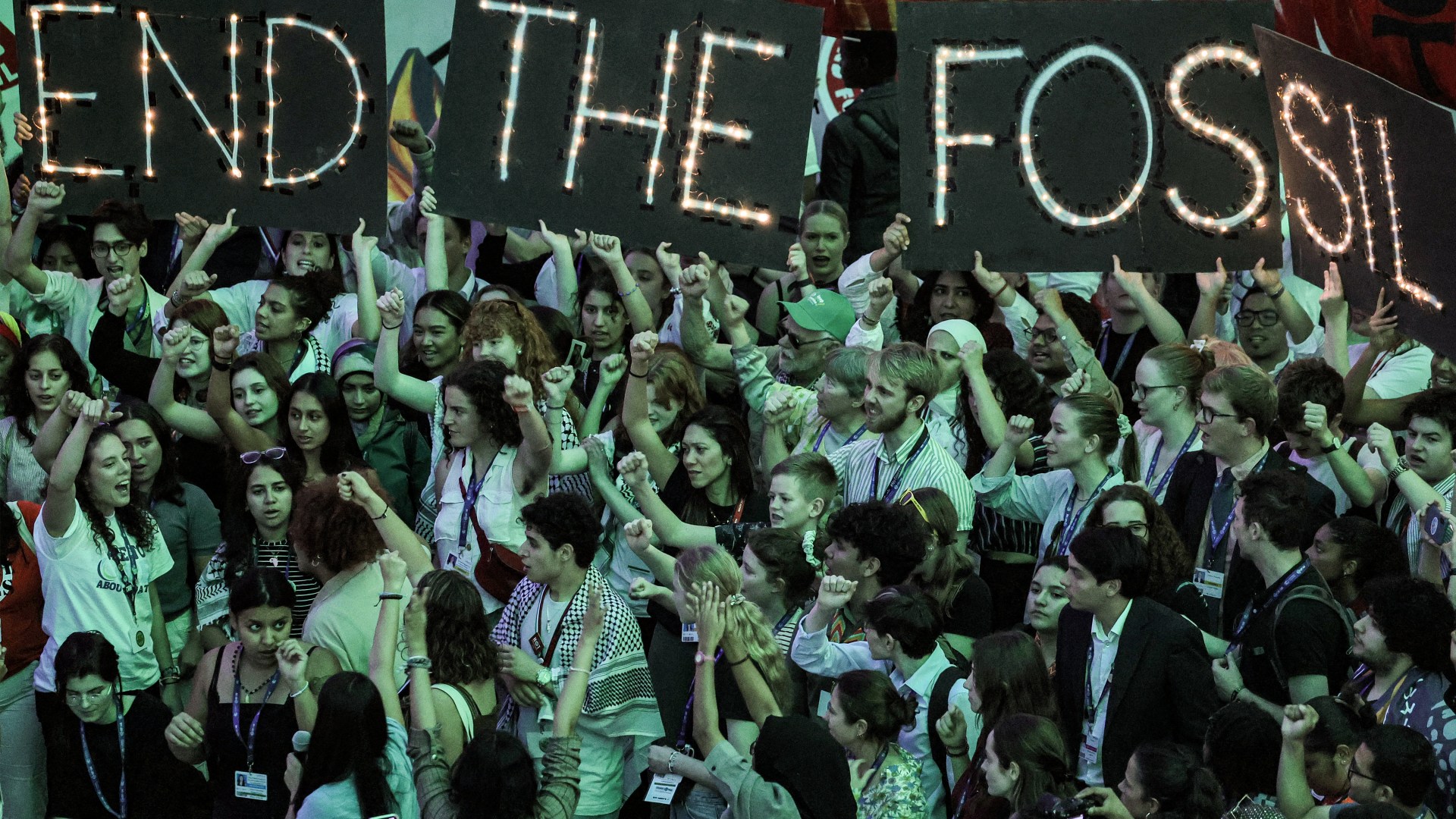
Dozens of nations had sought an explicit exit strategy for oil, gas, and coal, but the final text omitted these terms, instead merely referencing a previous pact.
Despite calls from leaders like Lula to develop voluntary “roadmaps” for fossil fuel reduction, opposition from major producers like Saudi Arabia and India stalled the initiative.
On the financial front, the deal secured a commitment to at least triple climate adaptation funding for poorer nations by 2035, although some felt this was the bare minimum.
The summit, hosted in the Amazon, was also marked by a dramatic atmosphere, including large street marches, protests, and a fire inside the venue, underscoring the high stakes and passion surrounding the climate crisis.


 Trending
Trending 
